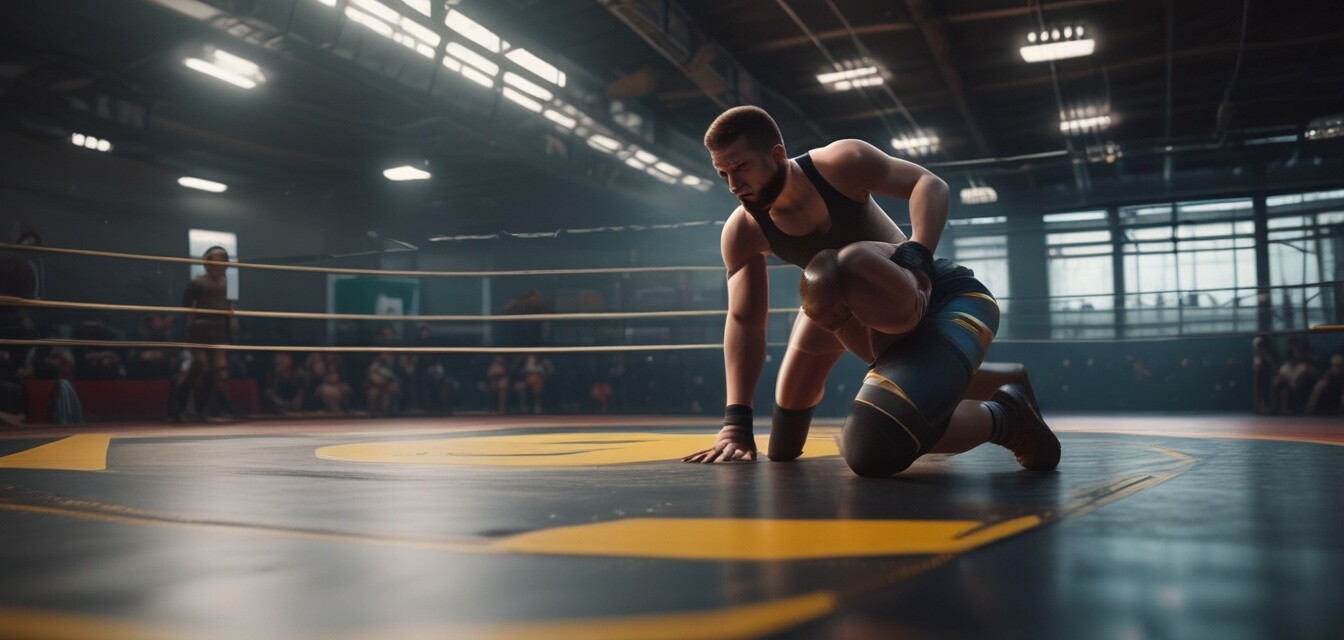
Wrestling Programs and Their Role in Athlete Development
Key Takeaways
- Wrestling programs foster physical and mental development for youth.
- They offer a structured environment for skill acquisition and personal growth.
- Community involvement and mentorship play vital roles in athlete success.
- Engagement in wrestling helps promotes teamwork and discipline.
- Programs can adapt to varying skills and backgrounds, making them inclusive.
Wrestling has long been recognized as a critical sport for developing both athletic skills and essential life values. The structure of wrestling programs not only provides the foundation for physical training but also emphasizes mental resilience, discipline, and community engagement. In this article, we will delve into how wrestling programs contribute significantly to youth and athlete development, preparing them for success both on and off the mat.
Understanding Wrestling Programs
Wrestling programs come in various formats, ranging from school teams to independent clubs, all aiming to instill a love for the sport while building athletes' skills. Here are the primary types of wrestling programs:
| Type of Program | Description | Target Audience |
|---|---|---|
| School Teams | Part of school sports curricula, focusing on competition in local leagues. | Middle and high school students. |
| Youth Clubs | Community-based clubs providing training and competition opportunities. | Children and adolescents. |
| College Programs | Formalized athletic programs for student-athletes, often with scholarship opportunities. | College students. |
| Informal Training | Workshops and camps focusing on skill improvement and technique. | All ages, from beginners to advanced wrestlers. |
The Benefits of Wrestling Programs
Physical Development
Engaging in wrestling promotes various aspects of physical health, including:
- Strength building through resistance training.
- Improved cardiovascular fitness.
- Enhanced coordination and flexibility.
- Weight management and overall fitness.
Mental Resilience
Wrestling programs also focus on developing mental fortitude, which is crucial for personal development. Key aspects include:
- Teaching athletes to overcome challenges and setbacks.
- Encouraging perseverance through disciplined training sessions.
- Fostering goal-setting skills for improvement.
Social and Emotional Growth
Wrestling programs encourage social interactions and personal relationships, which lead to emotional growth.
- Building lifelong friendships with team members.
- Learning teamwork and cooperation.
- Gaining confidence through performance and feedback.
Community Engagement and Support
The community plays a vital role in the success of wrestling programs. Here’s how:
| Aspect | Community Involvement | Impact on Programs |
|---|---|---|
| Coaching | Local experts assist in training athletes. | Enhances skill development through mentorship. |
| Funding | Community sponsorships help sustain programs. | Provides resources for training equipment and facilities. |
| Sports Events | Local wrestling meets help promote programs. | Encourages participation and support from parents and fans. |
How to Get Involved
Getting involved in wrestling programs can be as simple as signing up. Here are steps to take:
- Research local schools or community clubs that offer wrestling.
- Contact the program managers to inquire about registration.
- Attend introductory clinics or workshops to get a feel for the sport.
- Commit to regular practice and engage with teammates.
For those interested in a broader view, check out our section on events and experiences within the wrestling community.
Conclusion
Wrestling programs play an integral role in athlete development, positively impacting youth both physically and mentally. By participating in these programs, emerging athletes can cultivate important life skills that extend beyond the mat. For parents and guardians, recognizing the value of these programs can indeed help foster a generation of confident and resilient individuals.
Tips for New Wrestlers
- Always warm-up before practice to prevent injuries.
- Stay hydrated and maintain a balanced diet for peak performance.
- Seek feedback from coaches to improve techniques.
- Develop a routine at home to enhance skills through drills.
Pros
- Builds physical fitness and athletic prowess.
- Fosters important life skills like discipline and teamwork.
- Accessible to various age groups and skill levels.
Cons
- Can be time-consuming with practice and competition schedules.
- Intensity of training may lead to injuries if not managed properly.
- Costs associated with gear and competitions.
For more insights about the future of wrestling gear and merchandise, explore our News and Trends category.

